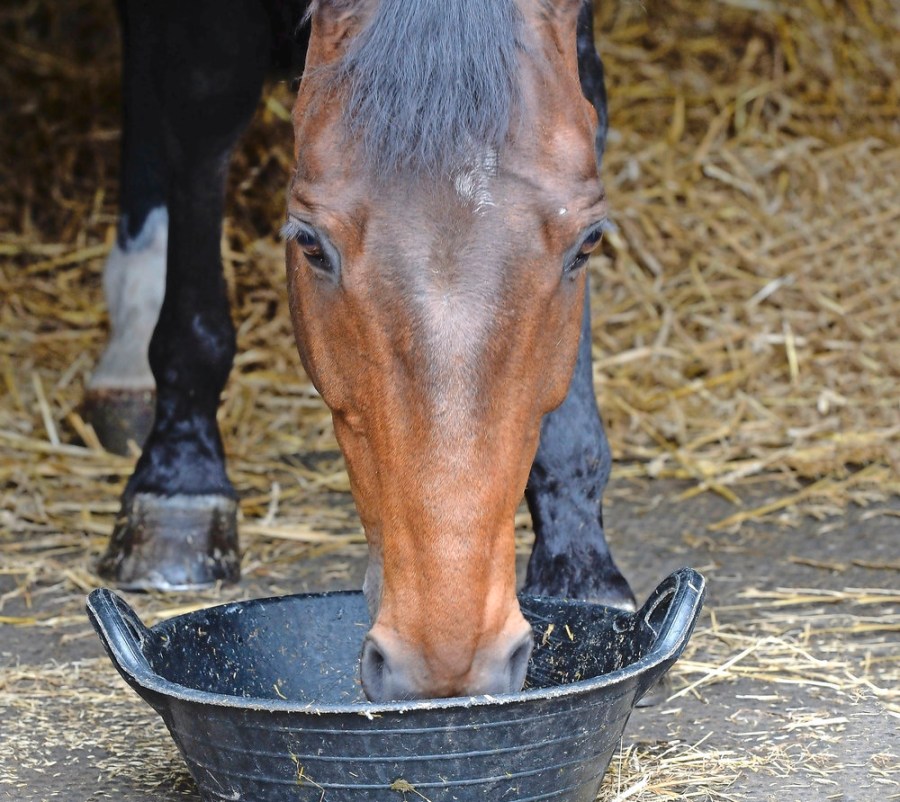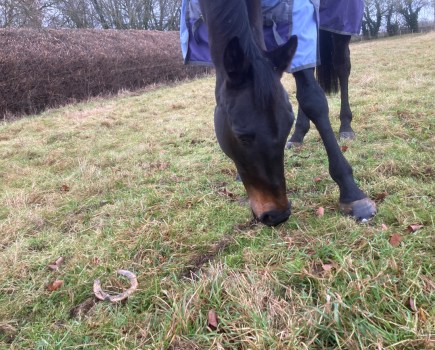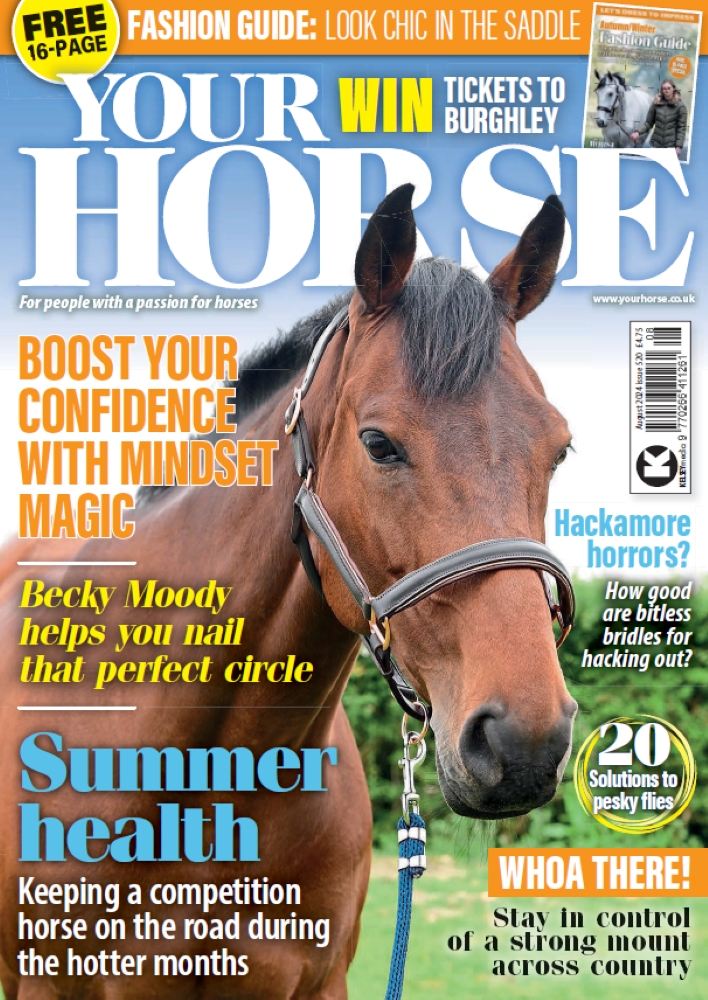Many ‘normal’ human foods contain ingredients that are listed as prohibited, but more than that, there are a lot of naturally occurring substances that find themselves on the prohibited substances list. As the British Equestrian Trade Association’s Executive Director, Claire Williams, explains, there’s a lot that can be done to prevent these ingredients entering your horse’s feed, and knowledge is where it starts.
Responsible care
What do chocolate, tea and coffee have in common? Apart from being found on every yard in the UK and beyond, all three, if given to a horse, could trigger a positive drugs test.
When many people think of prohibited substances with horses, they think of drugs that improve performance in some way, or perhaps reduce pain, but that’s just a part of it. In fact, a prohibited substance is any substance that has an effect on a horse. Whilst we might not think of tea or chocolate in the same way as we do drugs, they can both create a change and can both cause issues, particularly to horses that compete.
The good news is that there is a lot that horse owners can do to help prevent prohibited substances entering their horse’s system. When it comes to medicines on the yard, good stable management is essential to prevent cross contamination. Colour coding feed buckets, for example, to ensure that a competition horse doesn’t eat from the same bowl as a horse on medication is a simple step. Labelling everything clearly in the feed room and making sure everyone responsible for feeding understands the situation is another. This extends beyond prescribed drugs as some supplements that can be fed to horses, such as Devil’s Claw and Valerian, for example, are on the FEI’s prohibited substance list and should not be given to competition horse inside the withdrawal period.
When it comes to Naturally Occurring Prohibited Substances (NOPS), there’s a lot we can do here too.
First, we need to address the human food side. Whilst ingredients found in tea, coffee and chocolate (theophylline, caffeine and theobromine) aren’t usually given to a horse on purpose, keeping feed rooms and stables clear of products containing these ingredients is a good way to help prevent them entering the horse’s system. Other NOPS include morphine (from the opium poppy), hyoscine (nightshade), atropine (nightshade) and cannabinoids (hemp fibre and plant material). Plants found all over the UK may be or can contain NOPS, and as some of these grow in fields where plants that make feed could be harvested, it’s important to have an awareness.
And this leads to the BETA NOPS system. We created this system to help reduce the likelihood of NOPS entering horse feed. We did this through working with BETA members, who have signed up to the scheme, to evaluation the risk of NOPS entering the feed production process at every step of the way. This means that if you see the BETA NOPS label on a feed or supplement, that company has evaluated the risk of NOPS from field to sack, including sourcing to storage, transport to processing. It also means that the suppliers of the raw ingredients that go into the feeds and supplements and the manufacturers themselves are audited regularly alongside regular training for team members.
The good news is that a lot of horse feed manufacturers are part of the scheme (https://www.beta-uk.org/pages/feed-safety/beta-nops-scheme.php) and it’s easy to identify those who are as the NOPS logo will be displayed on the products produced.
This is good news for those looking to reduce their risk of contamination, but it has to coincide with good stable, medication and feed management.
Of course, NOPS is really important for competition horses, but it’s also important for leisure horses as all owners want to do the best for their horses, and that includes knowing what their horse is being fed.
For more information on NOPS, see www.beta-uk.org.
Check out our subscription offer









